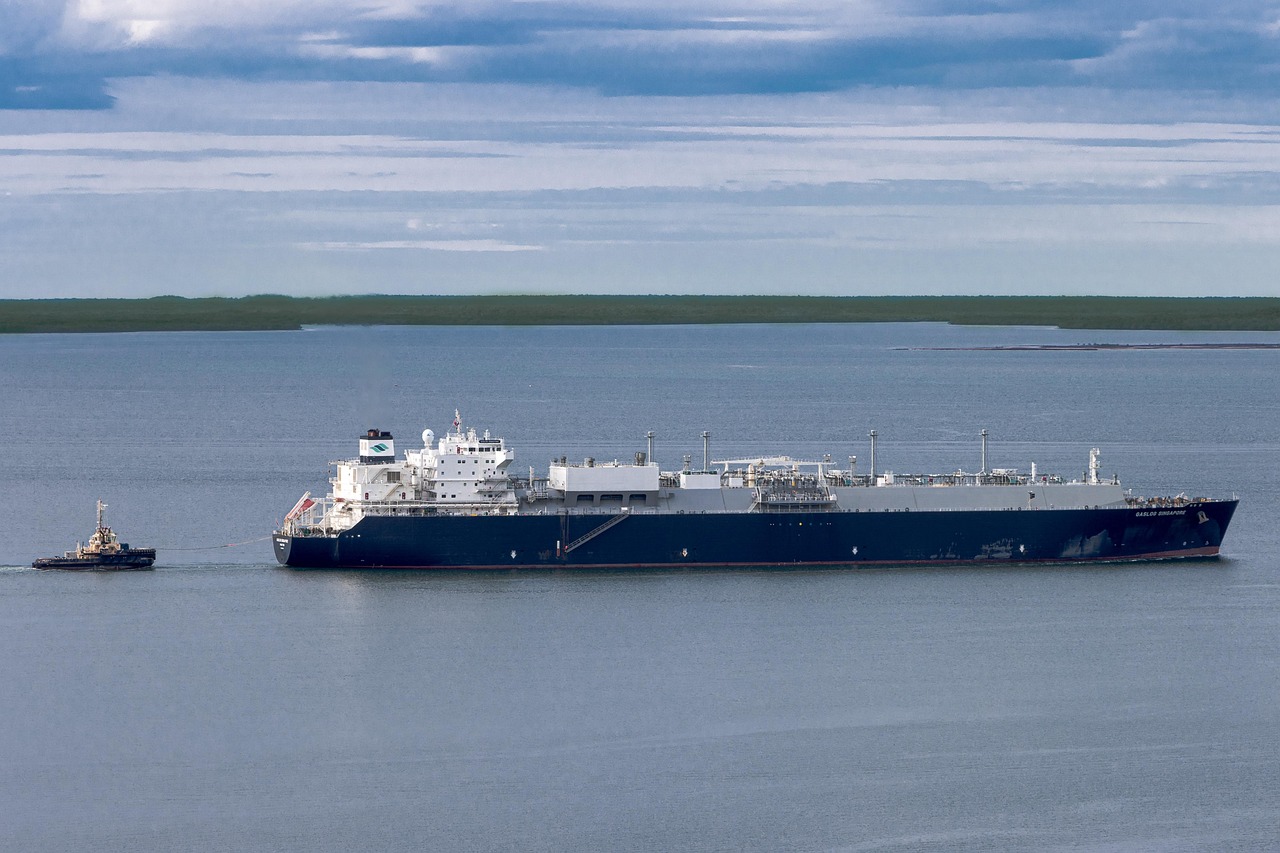
According to calculations by Clarksons Securities, as the International Maritime Organization (IMO) decides to implement global carbon intensity standards for marine fuels, the shipping industry will inevitably face significant additional fuel costs.
The investment bank points out that this measure has long been established and carries substantial implications. Starting from 2028, international voyaging vessels over 5,000 gross tons will be required to use fuels with a carbon intensity at least 17% lower than Very Low Sulphur Fuel Oil (VLSFO). This requirement will increase annually, reaching 43% by 2035.
The team led by analyst Frode Morkedal stated, "Continuing to use VLSFO will shift into a compliance cost." They added that based on current operational speeds, a Very Large Crude Carrier (VLCC) consuming 44 tons of fuel per day could face carbon costs of around $4,700 per day by 2028, rising to $21,400 per day by 2035. Similarly, the carbon cost for a Capesize bulk carrier consuming 23 tons of VLSFO per day could increase from around $2,500 per day to $11,200 per day by 2035.
Clarksons highlights, "Calculations suggest that the increased operating costs using VLSFO could erode mid-term earnings for older, less efficient vessels or accelerate scrapping activities and increase demand for dual-fuel newbuilds."
Owners can meet the IMO carbon intensity targets by switching to low carbon fuels such as LNG, methanol, ammonia, or biofuels. Measures to reduce fuel consumption (such as slow steaming or improving efficiency) can reduce total carbon dioxide emissions but won't affect the fuel intensity rating.
"Laundered" LNG will still comply with the regulations from 2028 to 2030. From the upgrade in standards in 2031, this fuel will incur a primary-tier carbon levy.
Fuels with lower lifecycle carbon emissions like green methanol, bio-LNG, and green ammonia, which have carbon intensities well below all current standard thresholds, can generate tradable or storable (up to two-year validity) surplus carbon credits.
To hedge against carbon price volatility, charterers are expected to pay premiums for LNG, methanol, ammonia, and high-percentage biofuel-powered vessels. Clarksons notes that this trend is already emerging.
As per Clarksons, Belgian shipowner CMB.Tech has secured a newcastlemax bulk carrier powered by ammonia under construction by paying a premium rent, with a lease term of 12 years.
